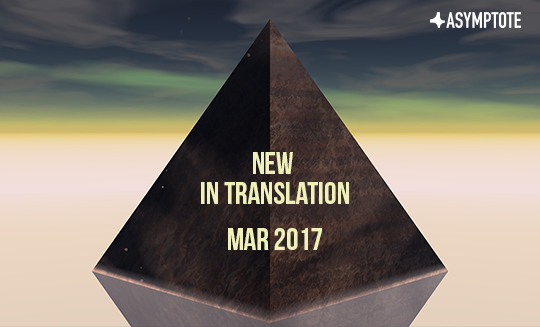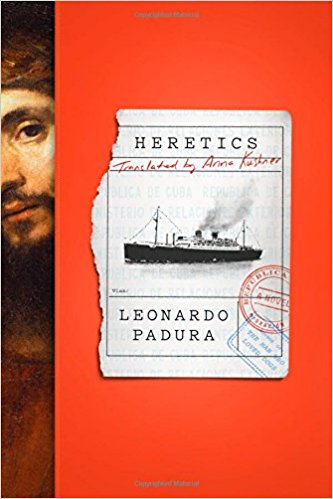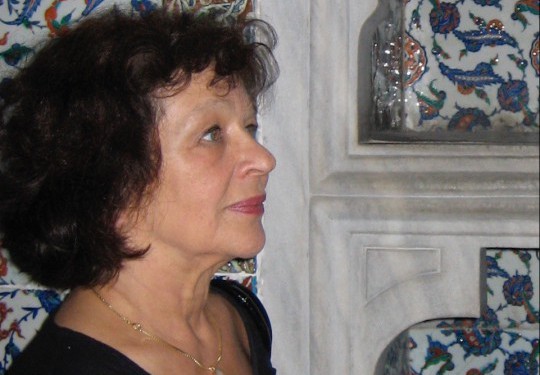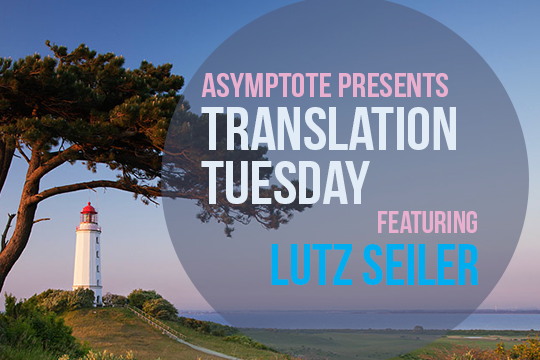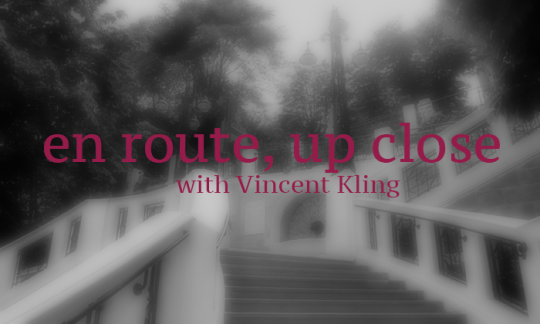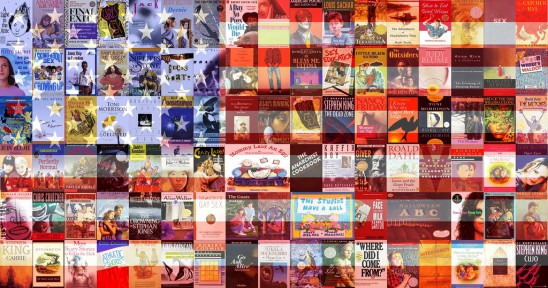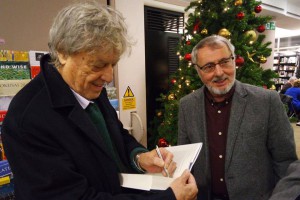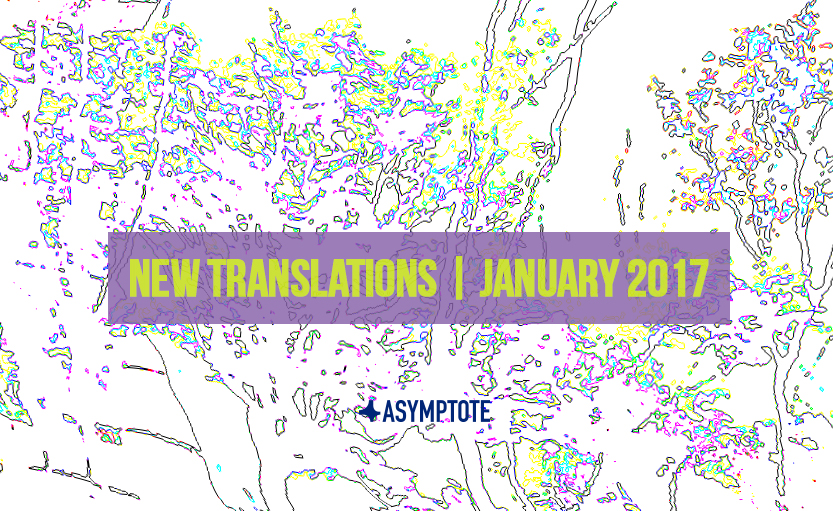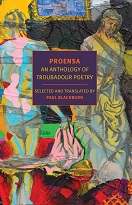This Friday, real estate mogul Donald Trump will be sworn is in as the 45th President of the United States. Last month, Italy’s citizenry voted effectively for the resignation of its Prime Minister, Matteo Renzi, in a referendum applauded by France’s right-wing, nationalist party leader Marine Le Pen, while another far-right conservative, Francois Fillon, is expected to win the French presidential election in May. Last summer, the world watched the historic Brexit vote, and Austrian presidential candidate Norbert Hofer, who ran on the promise of an Austrian Brexit, lost the nation’s vote by a very close margin last month.
The political climate all over the west is profoundly changing, and those who failed to predict the current developments are scrambling to make sense of them. Book proposals by diplomats, pundits, and economists are flooding publishers’ inboxes, all claiming to have the most accurate analysis of the causes of Trump’s win or Britain’s isolationism. But a look at the past, and some past literature, suggests that perhaps we should be surprised at our own surprise. We gathered some book recommendations to prepare you for this Friday and the vast challenges ahead because—wait for it—knowledge is power (sorry!) and there are many already-published texts, many in the history category, with a wealth of relevant knowledge to impart.
Asymptote’s Marketing Manager David Maclean suggests you check out:
Stefan Zweig’s The World of Yesterday , translated by Anthea Bell (Pushkin Press, 2013)
“As a great many political pundits have pointed out, the resurgence of nationalist and far-right movements throughout Europe has more than a passing resemblance to the initial rise of fascist groups prior to the Second World War. Disguised as an autobiography, Zweig’s The World of Yesterday offers a coruscating portrayal of the idealism of pre-war Europe and the European cross-cultural project, as well as the fragility of the ideals of Enlightenment in the face of (dangerously) cynical realpolitik, ignorance, and the fostering of prejudice. The nation cannot be loved above all else, warned Simone Weil, since it has no soul—and indeed it is the balkanization of Europe that Zweig portrays as a logical result of nationalist movements that propagate loyalty to the nation above all else. His book is also one of resistance, of the possibility for literature and art to resist the totalitarianism of thought imposed upon us through exercising our creative imaginations—an understated but underestimated daily act of resistance.”
The Word for World is Forest by Ursula le Guin (Tor Books, 2010)
“I had thought to include Rachel Carson’s seminal 1962 book The Silent Spring, which arguably thrust eco-criticism and global conservation into the mainstream debate, but since the United States’ president-elect seems intent on living in a fantasy world regarding man-made climate change, I decided to be magnanimous and stick with his chosen genre. The novella details a logging colony established on the fictional planet of Athshe by Earth’s military-industrial complex, which is slowly but surely denuding the planet of its primary resources and leaving vast swathes of it barren and lifeless. The novel hinges on a conflict of ideologies between the native population, which may be well be seen as a surrogate for nature, and ourselves (the Terrans) who view nature as a disposable resource for immediate consumption and have little to no regard for the long-term consequences. In the Athshean language, the word for “forest” is also the word for “world”, showing the dependence of the Athshean culture upon the forest, much as we all depend upon a fecund, hospitable world that continues to dance on the brink of ecological ruin.”
Blog Editor Madeline Jones found pertinent wisdom in:
The Beautiful Country and the Middle Kingdom: America and China, 1776 to Present by John Pomfret (Henry Holt, 2016)
“We all know that the U.S. president-elect likes to make China a scape goat for basically whatever he thinks is unsatisfactory about American affairs that he can’t conceivably blame on Crooked somebody or Lyin’ somebody else. Of Trump’s targets of aggression now that he’s been elected, China perhaps comes in second only to FAKE NEWS (caps his). We’ve all heard the “Gina” jokes. His lack of understanding of diplomacy generally but particularly regarding China is near-comical, so it’s difficult to even wrap your mind around the implications of his attitudes toward the world’s largest economy, but it is vital that at least someone in his administration does. In the meantime, I decided to try to understand the nuances of the relationship better myself. This book is invaluable—and highly readable—to that end. It’s not short, but it’s a one-stop shop.”
The Fire This Time, edited by Jesmyn Ward (Scribner, 2016)
“Pointedly drawing inspiration from James Baldwin’s The Fire Next Time, Ward has gathered responses from her generation’s most eminent voices on race in the form of critical essays, personal reflections, and poetry. From Jericho Brown to Daniel Jose Older, Claudia Rankine to Clint Smith, the contributors make this a worthwhile read for its own, aesthetic sake, but it’s also an emotional and timely reminder of the ways in which society has not changed since Baldwin was writing, the areas in which there is still vital need for improvement. While newspapers and magazines have been praising J.D. Vance’s memoir Hillbilly Elegy since Trump won the Republican nomination as the book to understand America today, I found Ward’s book to be an important counterargument to that narrative, especially given Jeff Sessions’s imminent confirmation by the Senate. Vance’s book has merit, certainly, but the current focus on “understanding the white working class” cannot be emphasized at the expense of a focus on race relations and the continued economic and privilege gap between white Americans and black and Hispanic Americans. Reading Hillbilly Elegy is a worthwhile exercise in empathy, but it’s no more important than reading Ward’s collection. Baldwin wrote, ‘You think your pain and your heartbreak are unprecedented in the history of the world, but then you read.’ There is plenty of pain and heartbreak in The Fire This Time, too.”
Blog Editor Hanna Heiskanen recommends:
The Establishment: And How They Get Away With It by Owen Jones (Penguin, 2014)
“British journalist and writer Owen Jones (b. 1984) hasn’t made a secret of his political inclinations (very left-wing, in case you haven’t heard), and he was a staunch critic of Donald Trump throughout his election campaign. His 2014 book, The Establishment: And How They Get Away With It, which was met both with great praise and criticism, zooms in on the power structures of British society and is now more relevant than ever. Owen claims that while the people continue voting in elections, behind the scenes, a network of the unelected, unaccountable, and immensely powerful advisors and diplomats control our lives and steer decision-making. Though Jones’s book focused on the UK and some of its seemingly unique features, such as the grooming of the new ruling class at top universities, or the privatisation of public services, its fundamental premise applies to almost any country you could point to on the map. Whether you grew up in a Nordic welfare society or listening to stories about the American Dream, this makes for a relevant, albeit depressing, read.”
The Communist Manifesto by Karl Marx and Friedrich Engels (1848, 2015 Penguin)
“It might be old, and many would say old-fashioned, but the grand ideologies of the 19th and 20th centuries, capitalism and communism, continue to have an undeniable impact on our societies and politics. Many have explained the rise of the far-right and nationalist sentiments around the world with the collapse of traditional industries that would have supported generations of working families who now feel unnecessary or displaced. Now, with the rise of China as a world power, as well as a future in which robots will take over an increasing number of tasks from humans, Marx’s writings suddenly don’t seem as outdated anymore.”
And literary critic Harold Bloom offered:
“The only thing I can think of right now is Yeats’ ‘The Second Coming’.”
*****
Read More Book Recommendations:
![]()


